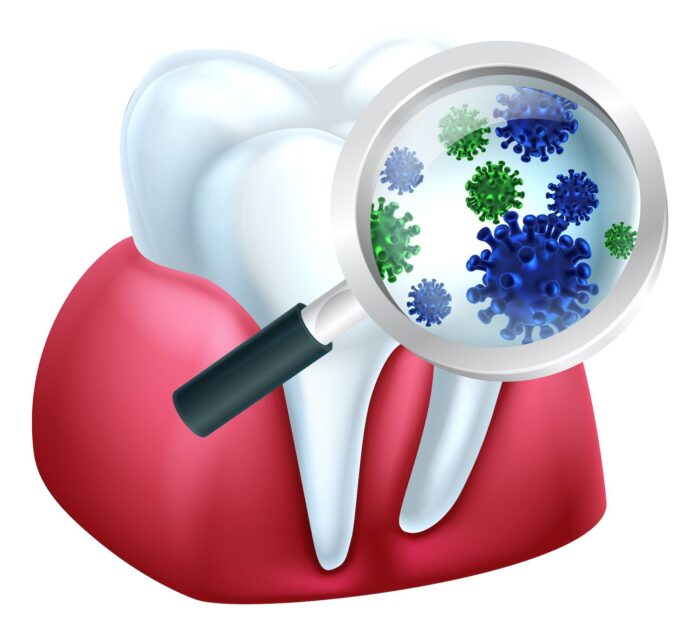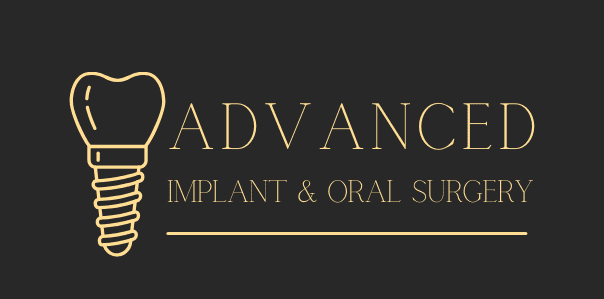Periodontal disease, or gum disease, affects many dental patients, resulting in an infection of the gum tissue that could advance quickly and leave them with extensive dental damage. You can seek preventative oral health care from your dentist or periodontist to lower your risk for oral infections.
But some patients will need to take extra precautions with their oral health due to underlying issues that put them in greater danger of this infection. Read on to learn about three factors that could increase your risk for gum disease.

What Heightens My Chances of Contracting Gum Disease?
Aggressive Oral Bacteria
Good oral hygiene can help to keep the natural bacteria in your mouth balanced, reducing your risk for infections. But some people may develop particularly aggressive oral bacteria. The cause of this is unclear. But it could lead to an increased chance of gum disease and the extensive dental damage it can bring.
In cases like this, proper at-home dental care might not be enough to protect your gums. Your dentist and periodontist can evaluate your oral health and give you the individualized preventative dental care that you require.
They may recommend special toothpaste or toothbrushes and let you know about hygienic techniques that you can implement at home to address this type of oral bacteria. They might also ask you to use antibacterial mouthwash that can help balance your oral bacteria in conjunction with your usual oral hygiene routine.
Underlying Medical Issues
Age, genetics, certain medicines, and other health factors could also impact your gum health. For instance, people over the age of 65 might have a 70% higher risk of contracting gum disease according to the American Academy of Periodontology.
Underlying medical conditions could affect your gums as well. Heart disease, diabetes, and arthritis can create inflammation throughout your body. And this may make you more susceptible to infections as well as bone loss. The inverse is also true in that gum disease is a source of inflammation that can compromise your overall health.
Changes in your body, such as pregnancy or fluctuating hormones, may make your gums more prone to infection. Request an appointment to discuss your medical history with your dentist or periodontist to learn how these factors can play a role in your dental care.
Poor Oral Habits
Your lifestyle and behavior will affect your oral health over time. Smoking and other tobacco products, for instance, will contribute to gum inflammation and can slow tissue healing within the mouth, increasing the risk of infection.
Your diet will also impact your gum health. So eat nutritious foods with plenty of vitamin C that can keep your immune system healthy. This improves your body’s ability to fight infections like gum disease.
Even with diligent oral hygiene routines, you could still have a high risk for gum disease if you do not employ proper brushing and flossing techniques. Do not rush your oral hygiene regimen. Clean your smile thoroughly and visit your dentist for routine dental check-ups and teeth cleanings.
